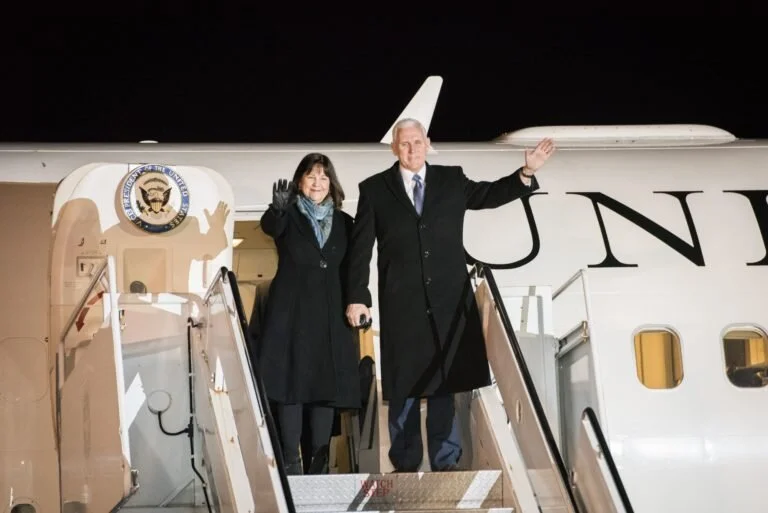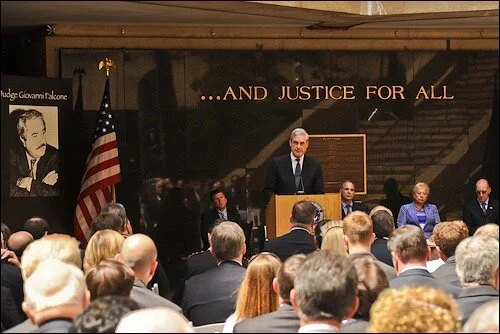By Ellen Chapin
The geopolitical implications for the Winter Olympics will be significant for 2018, and not just because of Nigeria’s trailblazing bobsled team. On January 17, North and South Korea announced that not only would they would march together under one flag at in Pyeongchang, but also, for the first time, the two countries would field a joint women’s ice-hockey team.
Read More



















